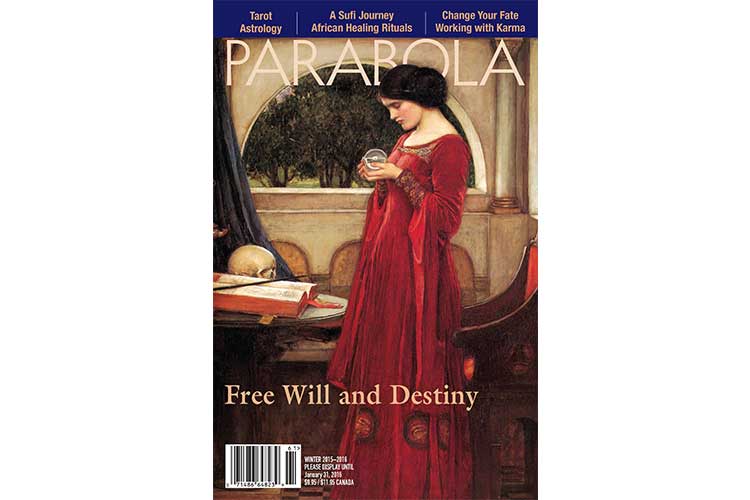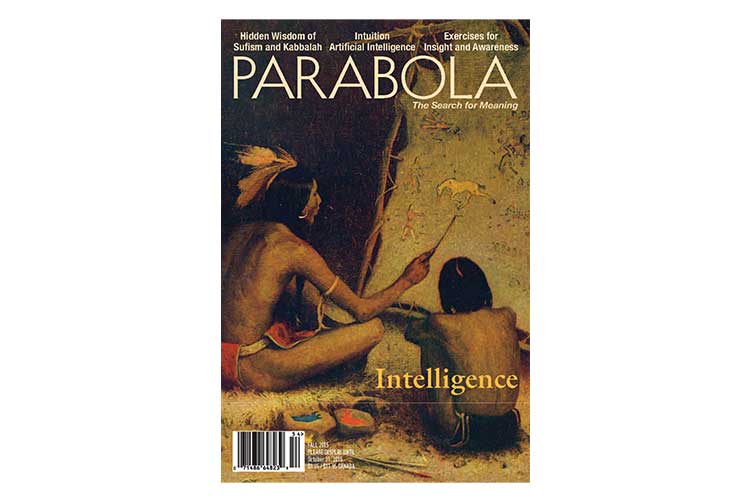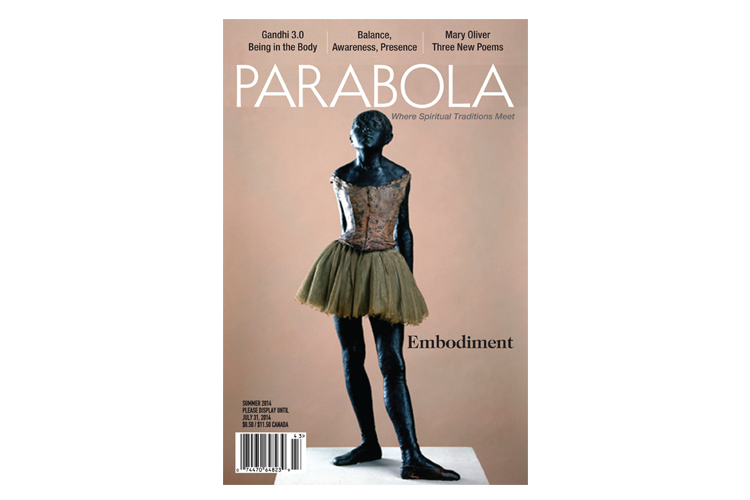My father had many good qualities; unfortunately, equanimity was not one of them. Known for a ferociously bad temper, he once threatened a one-armed theater manager with the demolition of his entire theater if he did not refund our ticket money because he deemed the film inappropriate for his ten-year-old daughter. Needless to say, it…
Author: Elizabeth Napp
Elizabeth Napp is a Consulting Editor to Parabola who writes about Teaching and Education.
To learn is to be vulnerable. It is to have the courage to say, “I don’t know” and the wisdom to know the difference between knowing and not knowing.
Like a phoenix among sparrows, Chinese civilization is resplendent in its longevity, myth and tradition. For much of its long history, Chinese emperors incorporated myth, folklore, and ideological concepts to legitimate their dynasties, to sanction their rule.
Part of an Ancient Story: A Conversation with Llewellyn Vaughan-Lee
Rabbi Douglas Goldhamer, with Peggy Bagley, “Spiritual Laws: The Hidden Wisdom of Kabbalah”
Tracy Cochran, “A Shared World”
Helen Berger, “A Shift in Vision”
Joshua Boettiger, “Alone, with Others”
Anonymous, “Nomad Girl” retold by Barbara H. Berger
“The Verses of the Theri Ambapali,” translated and retold with commentary by Margo McLoughlin









